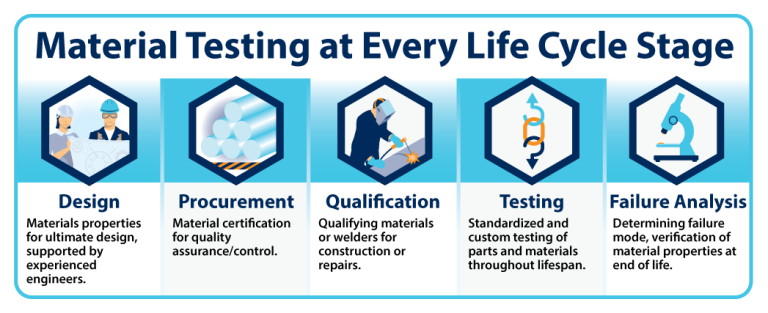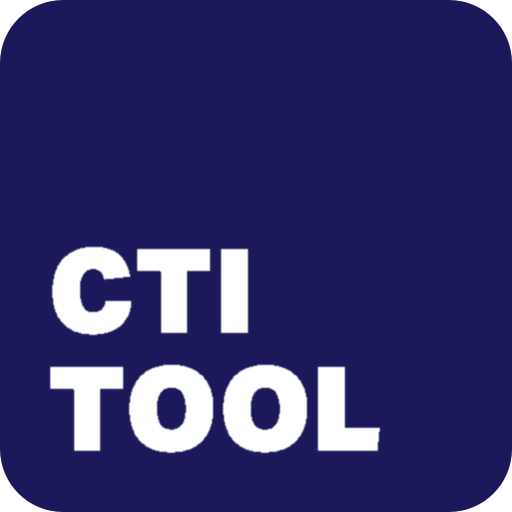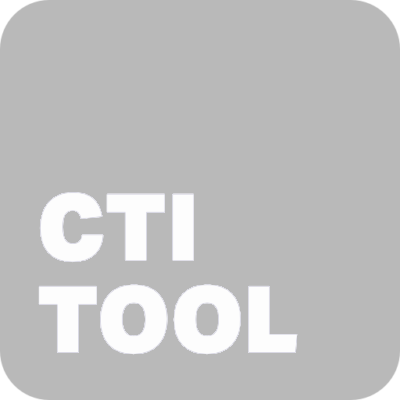Materiality Analysis
A Comprehensive Guide for Sustainable Business

Circular IQ’s CTI Tool is the WBCSD endorsed software tool for effectively measuring CTI and leveraging these insights.
Introduction
One of the most effective ways to integrate sustainability into your business operations is through Materiality Analysis. This methodology helps organizations identify and prioritize Environmental, Social, and Governance (ESG) issues that are most relevant to their stakeholders and overall business strategy.
What is Materiality Analysis?
Materiality Analysis is a systematic approach that engages both internal and external stakeholders to determine the significance of various ESG issues. It involves a series of steps, including stakeholder identification, outreach, and survey design, to collect insights that can guide your sustainability strategy. The ultimate goal is to create a visual representation, often in the form of a materiality matrix, that highlights the materiality issues requiring immediate attention.
The Importance of the Circular Economy
Understanding “what is the circular economy?” goes beyond its definition. It offers a sustainable alternative to the current linear model, which is increasingly proving to be unsustainable. The circular economy concept has three key impact areas:
Why is it Important?
Strategic Alignment: Materiality Analysis aligns your sustainability efforts with your business objectives, ensuring that you focus on issues that matter the most.
Resource Optimization: By identifying priority areas, you can allocate resources more effectively, thereby maximizing the impact of your sustainability initiatives.
Stakeholder Engagement: This methodology provides a structured way to engage with stakeholders, offering them a voice in your sustainability strategy.
Risk Mitigation: Understanding what matters to your stakeholders can help you anticipate and mitigate potential risks, enhancing your business resilience.
How CTI Tool Can Help
CTI Tool offers a comprehensive suite of solutions designed to support businesses that have conducted their materiality assessments to measure their circularity performance and identify improvement opportunities in line with the CTI Framework developed by WBCSD.
Conclusion
Materiality Analysis is not just a trend but a necessity for businesses aiming for sustainable growth. It offers a structured way to understand and prioritize ESG issues, thereby enabling businesses to make informed decisions. CTITool’s robust solutions help you translate your materiality assessment into valuable insights that drive improvement actions and make sure you can leverage your materiality assessment in alignment with ESRS-E5, making it easier for you to integrate sustainability into your business strategy effectively.
Take the Next Step in Your Circular Journey
Ready to make the CEAP's ambitious visions a reality? Sign up for a free CTI Tool account today and take the first step in revolutionizing your approach to sustainability.
Contact Roy for more info
Book a meeting or connect via linkedin




